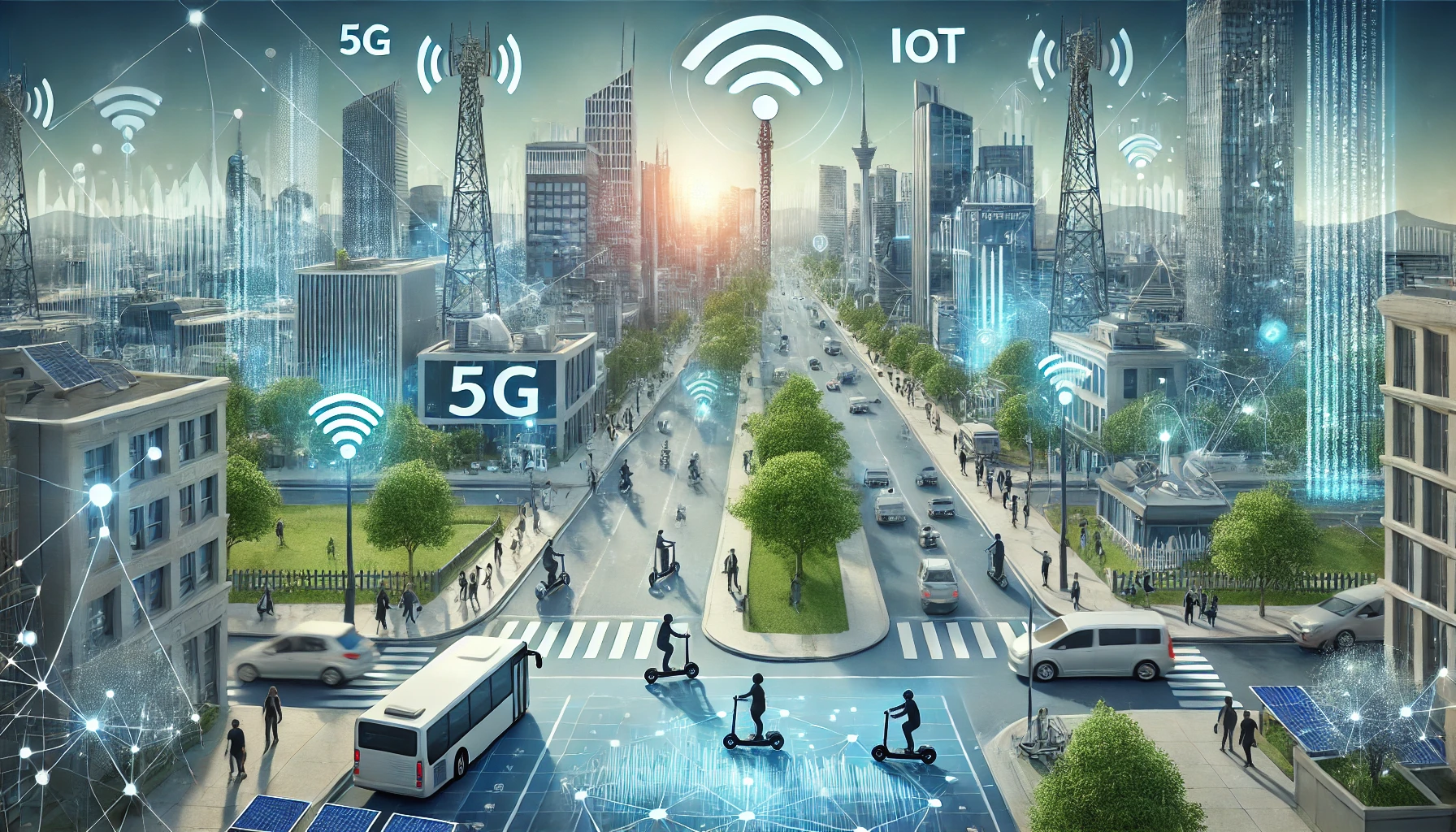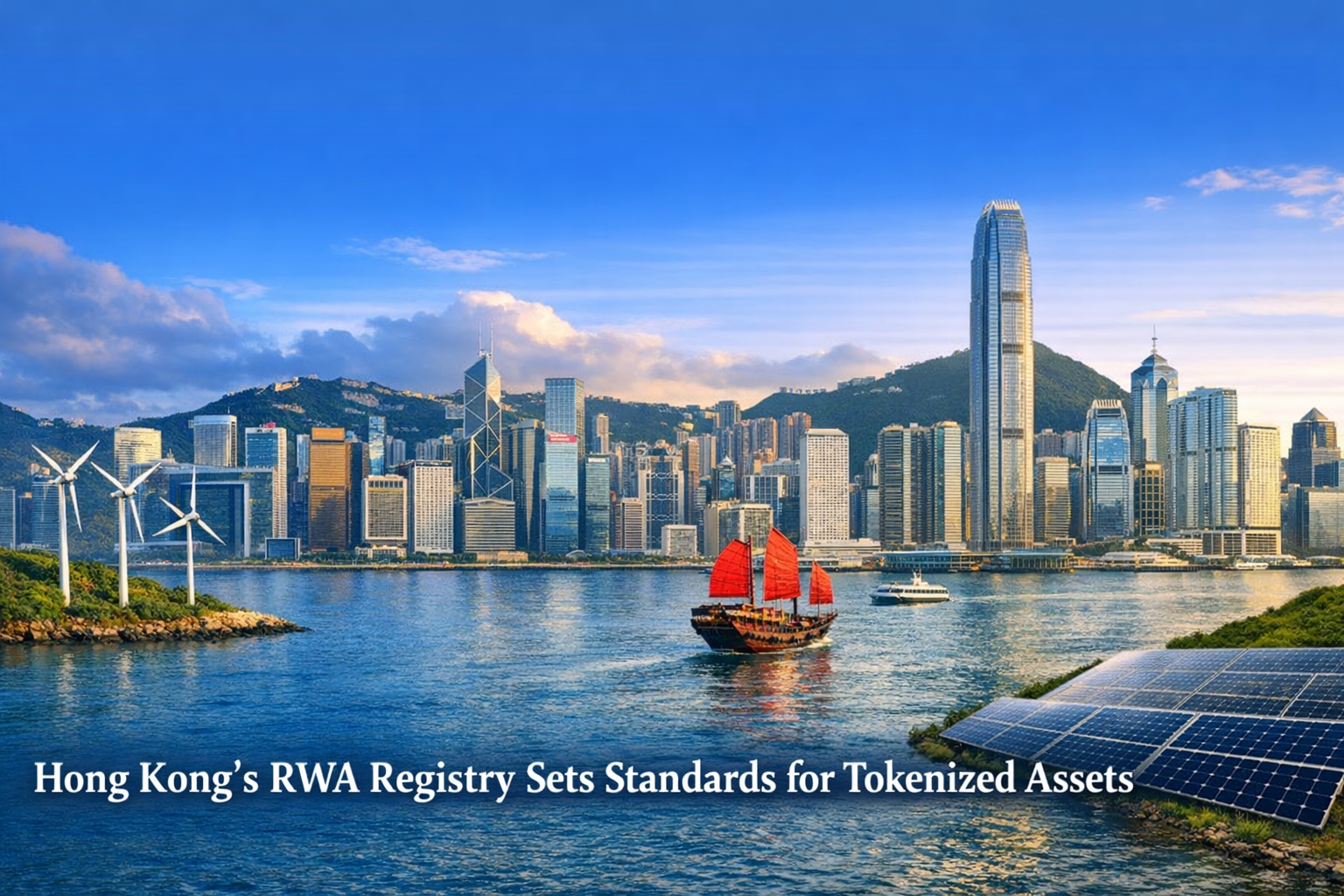In today’s rapidly evolving world, connectivity technologies like 5G and IoT (Internet of Things) are reshaping how businesses approach sustainability. By enabling real-time data collection, efficient monitoring, and seamless communication, these advanced technologies empower organizations to optimize their operations, reduce environmental impact, and create tangible sustainability value. As companies strive to meet stringent Environmental, Social, and Governance (ESG) goals, connectivity technologies emerge as indispensable allies.
1. 5G as a Catalyst for Sustainability
The fifth generation of cellular technology, or 5G, brings high-speed, low-latency internet connectivity, enabling businesses to track, analyze, and react to data in real-time. Unlike traditional networks, 5G supports large-scale data transfers from countless devices, making it perfect for complex, interconnected systems. This advancement holds the key to:
- Efficient Energy Use: 5G can support energy management by linking to smart grids, optimizing energy consumption, and enabling companies to use renewable energy more effectively.
- Reduced Emissions: With 5G-enabled remote work and telepresence capabilities, businesses can lower emissions associated with commuting and business travel.
- Enhanced Supply Chain Efficiency: Real-time data monitoring enables a more responsive and resilient supply chain, reducing wastage and emissions.
Deloitte highlights that 5G networks could reduce global emissions by enabling smarter, more efficient industrial and logistics operations. With 5G networks expected to grow across industries, this connectivity will underpin a new era of resource-efficient operations.
2. IoT Sensors: The Backbone of Sustainability Data
IoT sensors are pivotal in collecting data on everything from energy usage to waste management. By embedding IoT sensors into equipment, vehicles, and even buildings, companies gain critical insights into their environmental footprint, leading to more sustainable practices. Here’s how:
- Monitoring Energy Consumption: IoT devices monitor energy consumption across facilities, allowing companies to identify high-usage areas and make adjustments to conserve energy.
- Waste Management: Sensors in waste containers can track levels and ensure they are only emptied when full, reducing unnecessary transportation and lowering emissions.
- Water Usage: IoT-enabled meters and sensors allow for precise water usage tracking, which helps identify leaks and monitor usage trends to reduce waste.
3. Leveraging Data for Informed Decision-Making
The data collected by 5G networks and IoT sensors becomes valuable when analyzed and acted upon. Through advanced analytics, companies can track their progress toward sustainability goals, spot inefficiencies, and make informed decisions that drive sustainable growth. In fact, Deloitte notes that businesses with effective data-driven sustainability strategies report more significant operational improvements. Here’s how connectivity-driven data informs sustainability:
- Predictive Maintenance: IoT data allows for predictive maintenance, reducing equipment downtime and extending asset life, which decreases both operational costs and resource use.
- Emission Tracking and Reduction: With real-time tracking, companies can measure their emissions precisely, setting realistic reduction targets and taking action to meet them.
- Enhanced Transparency: Detailed data provides transparency to stakeholders, helping businesses demonstrate their commitment to sustainability through reliable, traceable metrics.
4. Unlocking Value Beyond Compliance
While many companies initially adopt connectivity technologies to meet regulatory requirements, they quickly realize that sustainability initiatives offer a competitive advantage. By harnessing these technologies, companies can improve their brand reputation, attract sustainability-conscious consumers, and reduce operational costs—all while meeting ESG commitments.
5. The Role of Policy and Partnerships
Policymakers play a crucial role in promoting connectivity technologies for sustainability. As more regions introduce regulations that favor sustainable practices, businesses that embrace 5G and IoT can stay ahead of compliance requirements and potentially benefit from incentives. Partnerships between governments, tech providers, and companies can accelerate connectivity deployment, creating shared benefits and sustainability gains.
A Path Forward with Connectivity
As the world moves towards a more sustainable future, connectivity technologies like 5G and IoT are transforming the way companies manage resources, track emissions, and meet ESG goals. By collecting and analyzing real-time data, companies can create a proactive, data-driven approach to sustainability that yields lasting value. Deloitte emphasizes that, ultimately, the adoption of these technologies is a powerful step toward sustainability—empowering companies to make impactful changes in today’s environmentally conscious marketplace.




